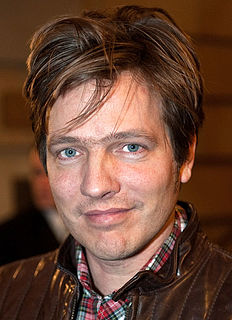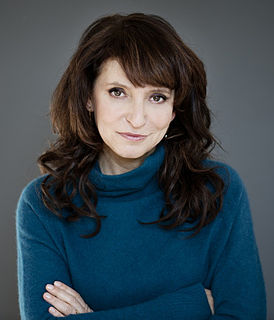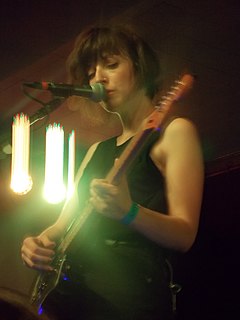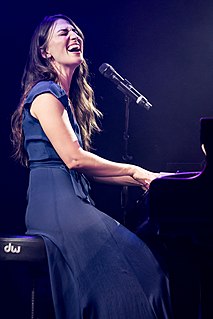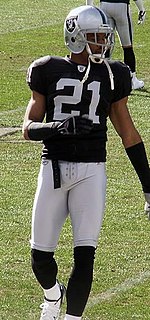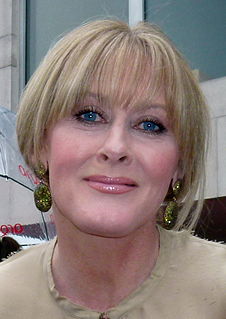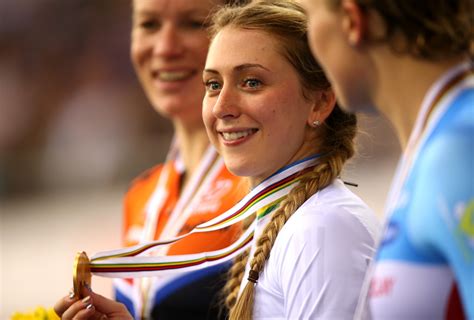A Quote by Thomas Vinterberg
I think Dogme was inspiring for quite a few peoples and sort of started a digital movement. Personally, I found it extremely uplifting and fantastic making Dogme movies, but I felt I completed it with 'The Celebration.' I think that was the end of the road on Dogme for me. It was as far as I could go.
Related Quotes
I have a slight controversy with the Dogme brethren because I've been saying that rules are to be interpreted; not that I haven't followed the rules, because I don't see the point of submitting yourself to a set of rules if you don't follow them. But having said that, it is always a lot of interpretation.
After Bottle Rocket, I started getting acting work. People started offering me roles in movies. It wasn't something that I thought about as a kid growing up in Texas. Actually, maybe I would have thought of it as a possibility, but it seemed so crazily far-fetched to think that you could work in movies that I really didn't ever quite imagine it. It was just lucky.
3D is quite a lot more advanced in animated movies; for live-action movies we're just taking baby steps, we're just in the beginning. So when I think of doing that I was very excited. It didn't go as far as I think it should, I'm still a novice, but I think it's fair to say it's a new cinematic medium, experience.
